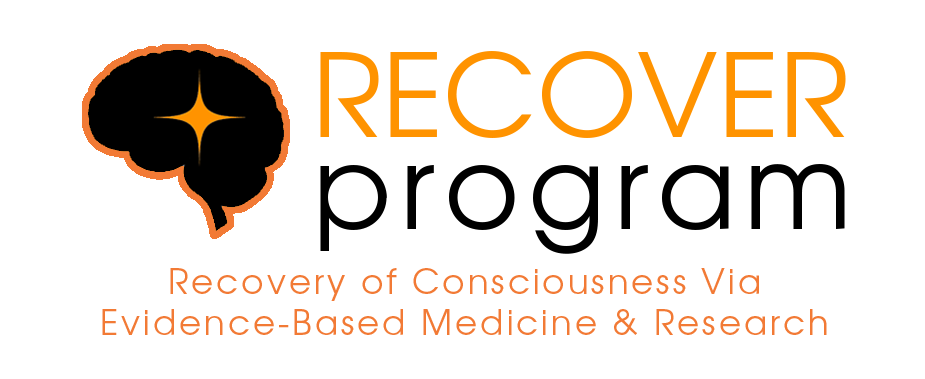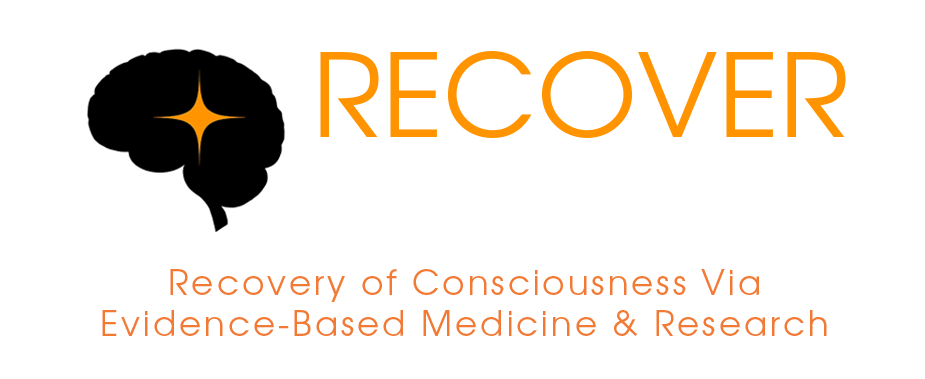RECOVER Program Overview
RECOVER Program Mission
To provide specialized, comprehensive, and longitudinal care for patients with disorders of consciousness resulting from acute brain injury, using evidence-based medicine and cutting-edge techniques to detect, predict and promote the recovery of consciousness, while improving the future of care through innovation, research, and education.
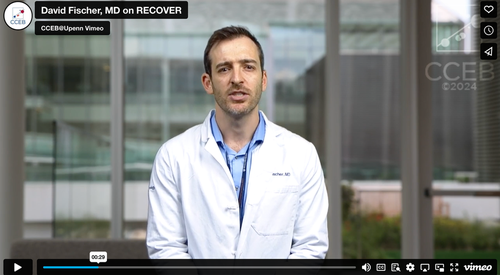
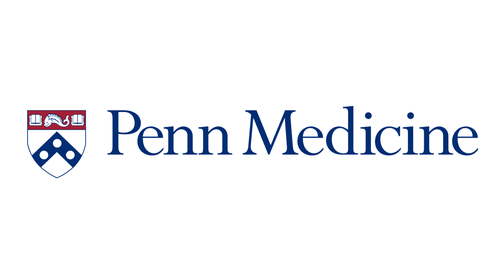
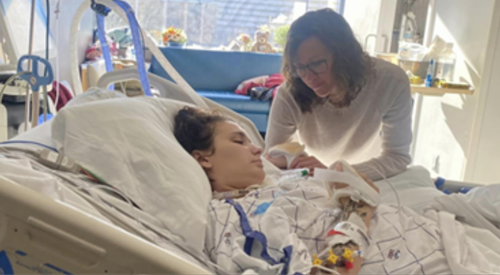
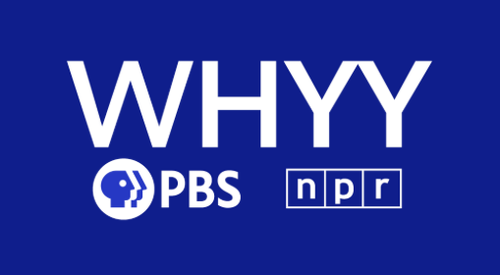
Disorders of consciousness resulting from severe, acute brain injury -- caused by cardiac arrest, trauma, stroke, bleeds, and others -- present profound challenges to clinicians and families. The detection of consciousness can be unreliable, the prediction of future recovery of consciousness and function (i.e., neuroprognostication) is often uncertain, and treatments to improve consciousness recovery are limited. For families trying to determine whether to continue or withdraw life-sustaining therapy, these limitations can make an already difficult decision feel impossible.
These challenges stem from two root causes. Firstly, much remains unknown about these disorders, and about the best way of detecting, predicting, and promoting consciousness recovery. However secondly, much of what we do know is ineffectively translated to patient care. Why? The conventional infrastructure of clinical care is often suboptimal for these disorders: a lack of formalized training in this field means that many clinicians do not have dedicated expertise in disorders of consciousness, and are therefore unaware of developments in research; cutting-edge diagnostic and prognostic techniques and technologies may be unavailable; and longitudinal support to patients and families is not routinely offered, making it difficult for clinicians to offer a full perspective of consciousness recovery. Trainees who learn in this conventional model perpetuate these practices, and research conducted in this context is often limited.
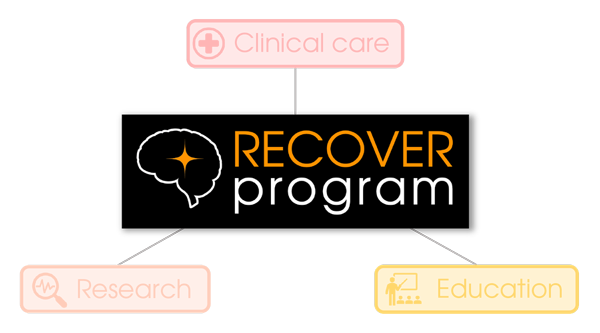 In 2022, the University of Pennsylvania Perelman School of Medicine launched the Recovery of Consciousness Via Evidence-Based Medicine and Research (RECOVER) Program. This unique initiative is intended to provide specialized, multidisciplinary, comprehensive, and longitudinal care to patients with disorders of consciousness after severe acute brain injury, while improving the future of care through research and trainee education.
In 2022, the University of Pennsylvania Perelman School of Medicine launched the Recovery of Consciousness Via Evidence-Based Medicine and Research (RECOVER) Program. This unique initiative is intended to provide specialized, multidisciplinary, comprehensive, and longitudinal care to patients with disorders of consciousness after severe acute brain injury, while improving the future of care through research and trainee education.


